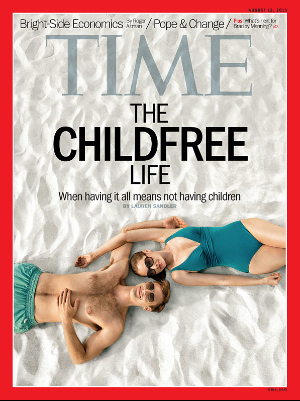More and more of my patients are asking me and telling me that they are following a "gluten free" diet. What many people do not realize is that this is more than a fad diet of the moment. This is the recommended diet of people with the clinical diagnosis of Celiac Disease.
What I did not know is that the term "Gluten-Free" really has not been defined officially, and manufacturers can call about anything they want "gluten free" to take advantage of the popular health craze.
Earlier this month the US FDA (Food and Drug Administration), defined "Gluten-Free" as the following:
- Food that does not contain any ingredient that is any type of wheat, rye, barley, or crossbreeds of these grains
- Food that does not contain an ingredient derived from these grains and that has not been processed to remove gluten
- Food that does not contain any ingredient derived from these grains and that has been processed to remove, gluten, if it results in the food containing 20 or more parts per million gluten
I gotta be honest. I read that three times, and I still don't know what it means. This is what government double speak is like. How do I really know if the food is "gluten-free" or not? How would you instruct people and patients on this?
The fad diet thing for "gluten-free" will fade in a few months until the next popular diet comes along. I guess I'm kind of reassured that there is at least some definition to "gluten-free" and that my patients with a true diagnosis of celiac disease can have some faith that this label will be a proper one for them.







